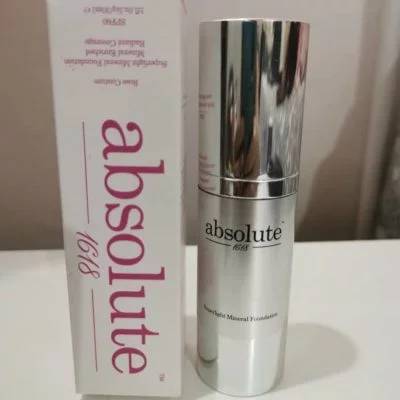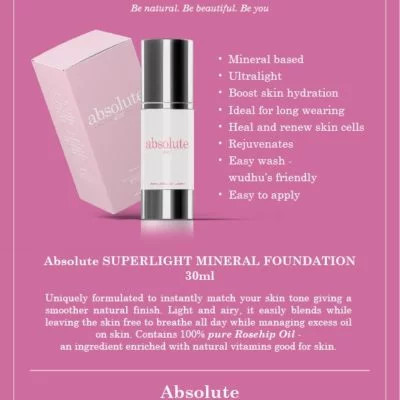What is…?
Rose hip also called rose haw and rose hep, is the accessory fruit of the rose plant. It is typically red to orange but ranges from dark purple to black in some species. Rose hips begin to form after successful pollination of flowers in spring or early summer and ripen in late summer through autumn.
Rose hips can be used in foods and commercial products. Many cultures add them to soups, teas, and desserts. For example, rosehip tea is a popular European beverage, and nyponsoppa is a classic Swedish rosehip soup. Finally, jams and marmalades made from this fruit are popular in the Middle East
Benefits of Rose Hip
Anti-ageing properties
Rosehip oil is a popular anti-ageing substance in the beauty community, though research supporting its benefits is limited. It’s made by cold pressing rose hips and extracting their natural oils. Rosehip seeds are high in polyunsaturated fats, which support a healthy skin membrane and protect your skin from inflammatory compounds, such as ultraviolet (UV) rays, cigarette smoke, and pollution.
In one small, 8-week study, taking 3 mg of rosehip powder daily led to a significant decrease in skin wrinkles and a significant increase in skin moisture content and elasticity. Researchers attributed these results to rose hips’ robust antioxidant, vitamin C, and fatty acid profile, which all protect and replenish your skin barrier. In addition, using vitamin C directly on your skin has been shown to significantly increase collagen synthesis and cell turnover — the rate at which skin cells replenish.
Therefore, products that are naturally high in vitamin C, such as rosehip oil, may have anti-ageing effects. Rosehip oil may also aid wound healing. In a recent study, rats treated with this oil had significantly faster-wound healing and less scar development than the control group. However, human research is needed.
May reduce arthritis pain
Rose hips have been well studied for their effects on osteoarthritis pain. Osteoarthritis is one of the most common types of arthritis, affecting 10% and 13% of men and women over the age of 60, respectively. It’s defined as a gradual decline in cartilage in your joints, which can lead to tremendous pain and inflammation.
A recent review of 24 studies found that supplementing with rose hips may help relieve osteoarthritis symptoms by combating oxidative stress and inflammation in your joints. Additionally, a review of three studies noted that people taking rosehip powder were twice as likely to report improvements in osteoarthritis pain. Still, a major caveat is the limited number of studies.
Finally, a recent review observed that rose hips reduced pain and stiffness in those with osteoarthritis but did not improve range of motion.
Click here to discover other inspiring beauty products























Reviews
There are no reviews yet